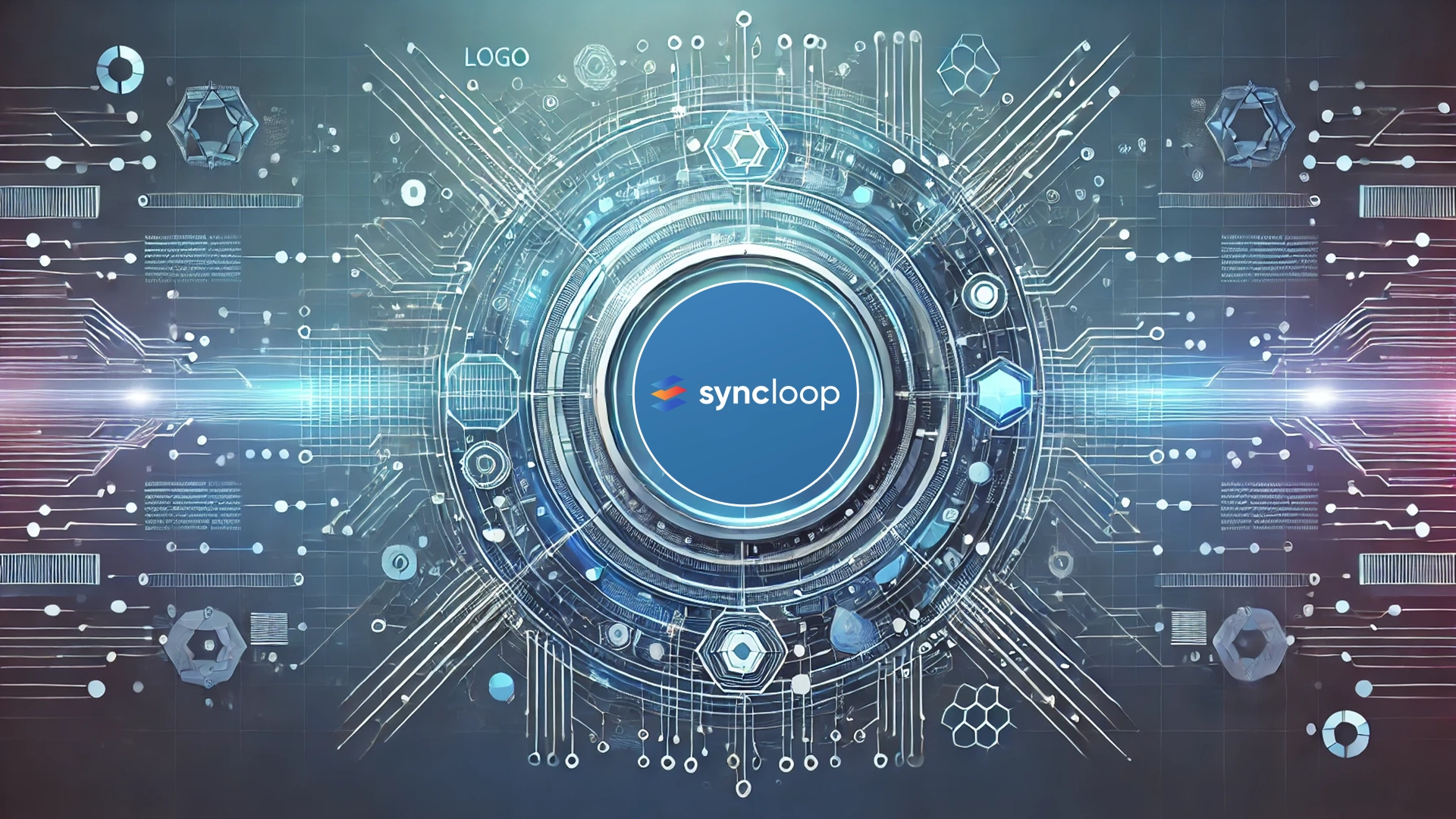The Role of APIs in Web 3.0 and Blockchain Development

Understanding Web 3.0 and Blockchain
Web 3.0, often referred to as the decentralized web, introduces key concepts such as:
- Decentralization: Moving away from centralized servers to distributed blockchain networks.
- User Ownership: Users control their data and assets through cryptographic keys.
- Smart Contracts: Self-executing contracts that automate transactions based on predefined rules.
- Interoperability: Blockchain networks and dApps communicate across ecosystems.
APIs are pivotal in bringing these elements together by enabling seamless interactions between Web 3.0 components.
How APIs Drive Web 3.0 and Blockchain Development
1. Enabling Blockchain Integration
APIs connect traditional systems with blockchain networks, allowing for smooth data exchange and integration.
- Examples:
- REST APIs for querying blockchain data (e.g., transactions, wallet balances).
- WebSocket APIs for real-time updates on blockchain events.
Impact: Businesses can integrate blockchain capabilities into their existing platforms effortlessly.
2. Powering dApps
Decentralized applications rely on APIs to interact with blockchain networks and fetch data.
- Use Cases:
- APIs for executing smart contracts and retrieving on-chain data.
- APIs for interacting with decentralized storage systems like IPFS.
Impact: Developers can build feature-rich dApps without managing complex blockchain interactions.
3. Facilitating Cross-Chain Interoperability
APIs enable communication between different blockchain networks, promoting interoperability.
- Key Technologies:
- Cross-chain APIs to transfer assets between blockchains.
- Middleware APIs for unifying data from multiple chains.
Impact: APIs break down silos, enabling ecosystems to collaborate seamlessly.
4. Supporting Real-Time Blockchain Operations
APIs provide real-time updates essential for applications like trading platforms and supply chain tracking.
- Capabilities:
- WebSocket APIs for live updates on cryptocurrency prices.
- APIs for tracking real-time changes in blockchain states.
Impact: Real-time APIs enhance responsiveness and user engagement in blockchain applications.
5. Driving Decentralized Identity Solutions
APIs support decentralized identity systems by enabling secure authentication and data sharing.
- Use Cases:
- APIs for integrating self-sovereign identity (SSI) wallets.
- Authentication APIs using blockchain-based credentials.
Impact: APIs enhance privacy and security in Web 3.0 identity management.
6. Simplifying Smart Contract Management
APIs abstract the complexity of interacting with smart contracts, making blockchain accessible to more developers.
- Capabilities:
- APIs for deploying and managing smart contracts programmatically.
- Read/write APIs for interacting with contract states.
Impact: Developers can focus on application logic rather than blockchain intricacies.
Emerging Trends in APIs for Web 3.0
- GraphQL APIs for Blockchain: Offering flexible and efficient queries for blockchain data.
- Decentralized APIs: APIs built on decentralized infrastructure for greater reliability and security.
- AI-Driven APIs: Enhancing blockchain analytics and insights using artificial intelligence.
- Tokenized API Usage: APIs monetized through blockchain-based tokens, creating new economic models.
How Syncloop Empowers Web 3.0 Development
Syncloop provides tools and features to simplify API development for Web 3.0:
- Multi-Protocol Support: Syncloop supports REST, GraphQL, and WebSocket APIs, enabling versatile blockchain interactions.
- Real-Time Data Processing: Enables developers to build applications with live blockchain updates.
- Seamless Integration: Prebuilt connectors for blockchain networks and decentralized services.
- Low-Code Development: Speeds up API creation with drag-and-drop tools, making Web 3.0 accessible to non-blockchain developers.
- Robust Security: Implements token-based authentication and encryption for secure blockchain API operations.
Use Case: Building a Blockchain-Based Supply Chain Application
Objective: Develop an application that tracks goods on a blockchain for real-time supply chain transparency.
Steps with APIs:
- Data Collection:
- Use APIs to fetch shipment data from IoT devices.
- Send data to a blockchain network for immutable storage.
- Real-Time Updates:
- Integrate WebSocket APIs to notify users of shipment status changes.
- Interoperability:
- Use cross-chain APIs to integrate with partner blockchain networks.
- User Interface:
- Build a front-end application that queries blockchain data via REST APIs.
Outcome: A transparent, reliable supply chain application powered by APIs.
The Future of APIs in Web 3.0
- APIs as Bridges: APIs will continue to connect Web 3.0 components with traditional systems, fostering broader adoption.
- Decentralized Infrastructure: Decentralized APIs will become the norm, enhancing reliability and trust.
- Blockchain as a Service (BaaS): APIs will simplify blockchain implementation, driving adoption across industries.
- Ecosystem Expansion: APIs will support the growth of interconnected blockchain ecosystems, enabling seamless collaboration.
Why APIs Are Critical for Web 3.0
- Simplify Blockchain Complexity: Abstract low-level blockchain interactions for developers.
- Enable Real-Time Capabilities: Support applications requiring instant updates and responsiveness.
- Promote Interoperability: Connect diverse systems and networks seamlessly.
- Enhance Security: Ensure data integrity and privacy in decentralized environments.
Conclusion
APIs are the foundation of Web 3.0 and blockchain development, enabling seamless integration, real-time functionality, and cross-chain collaboration. Platforms like Syncloop are empowering developers to build the next generation of decentralized applications with speed, scalability, and simplicity. As Web 3.0 continues to evolve, APIs will remain indispensable in shaping its future.
An image depicting interconnected blockchain nodes and API workflows, symbolizing the integration of Web 3.0 and APIs for seamless decentralized application development.
Back to Blogs